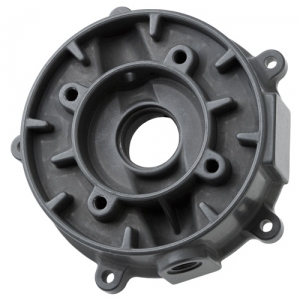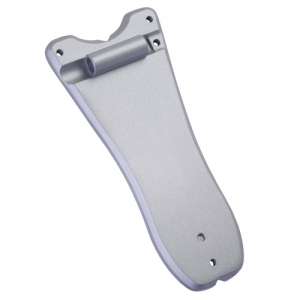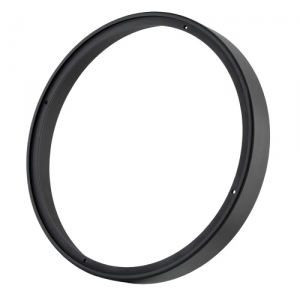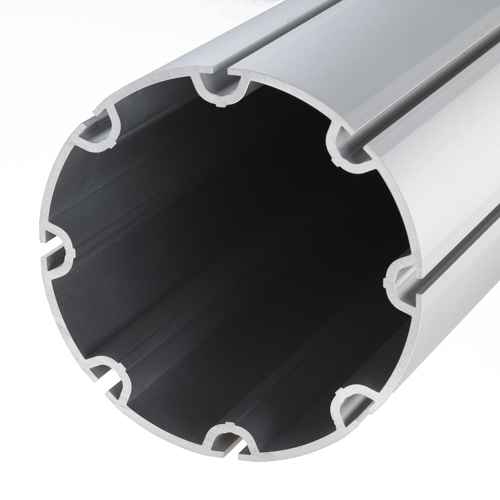Eloxation / Anodization of aluminum
In anodic oxidation (eloxation), the aluminum surface is converted into a dense, very hard oxide layer in an electrochemical reaction. Eloxation increases the resistance to corrosion and mechanical influences, and can be used for decorative purposes (color eloxal) by subsequently incorporating colored metal oxides in the porous service. For decorative eloxation, aluminum alloys must be used with very high quality eloxal. Less pure aluminum alloys are used for colorless protective eloxation. You can find out which alloys can be used and the quality of eloxation in a consultation discussion.




Decorative eloxation
When the optical effects of the eloxated surface is most important, other mechanical pre-treatments are required depending on the desired eloxal effect. We eloxate aluminum surfaces that are ground, polished or brushed using pretreatment E0 to E6 according to DIN 17611.
Advantages
- Layer thicknesses of 5-25 µm
- Very strong, hardness up to 350 HV
- Good corrosion protection
- Protective eloxal, colorless or black
- Colored eloxal in gold, brown, black, blue, red and yellow
Hard eloxation / hard anodizing
Hard eloxation is a variation of anodic oxidation in which layers 25-200 µm thick are created. The hard eloxal technique generates a very hard, ceramic-like surfaced on the aluminum with high wear resistance. The pressure resistance of hard eloxated aluminum surfaces is comparable with hardened steel or hard chrome layers.
This method, used especially for technical applications, creates surfaces in colors ranging from grayish brown to anthracite to black (depending on the aluminum alloy). Hard eloxating is suitable for wrought alloys and for cast alloys (die casting, chill casting). This method is not suitable for producing sharp edges.
Advantages
- Ceramic-like surface
- Layer thicknesses of 25-200 µm
- 50% increase in the thickness of a lawyer
- Tolerances up to ± 10 µm
- Very high, even hardness up to 500 HV
- High level of wear and abrasion resistance
- Very high corrosion resistance
- The eloxal layer is electrically nonconductive
- Reduced thermal conductivity
- Outstanding adhesive surface
Alloys
A selection of suitable aluminum alloys for hard anodizing do you find here:
